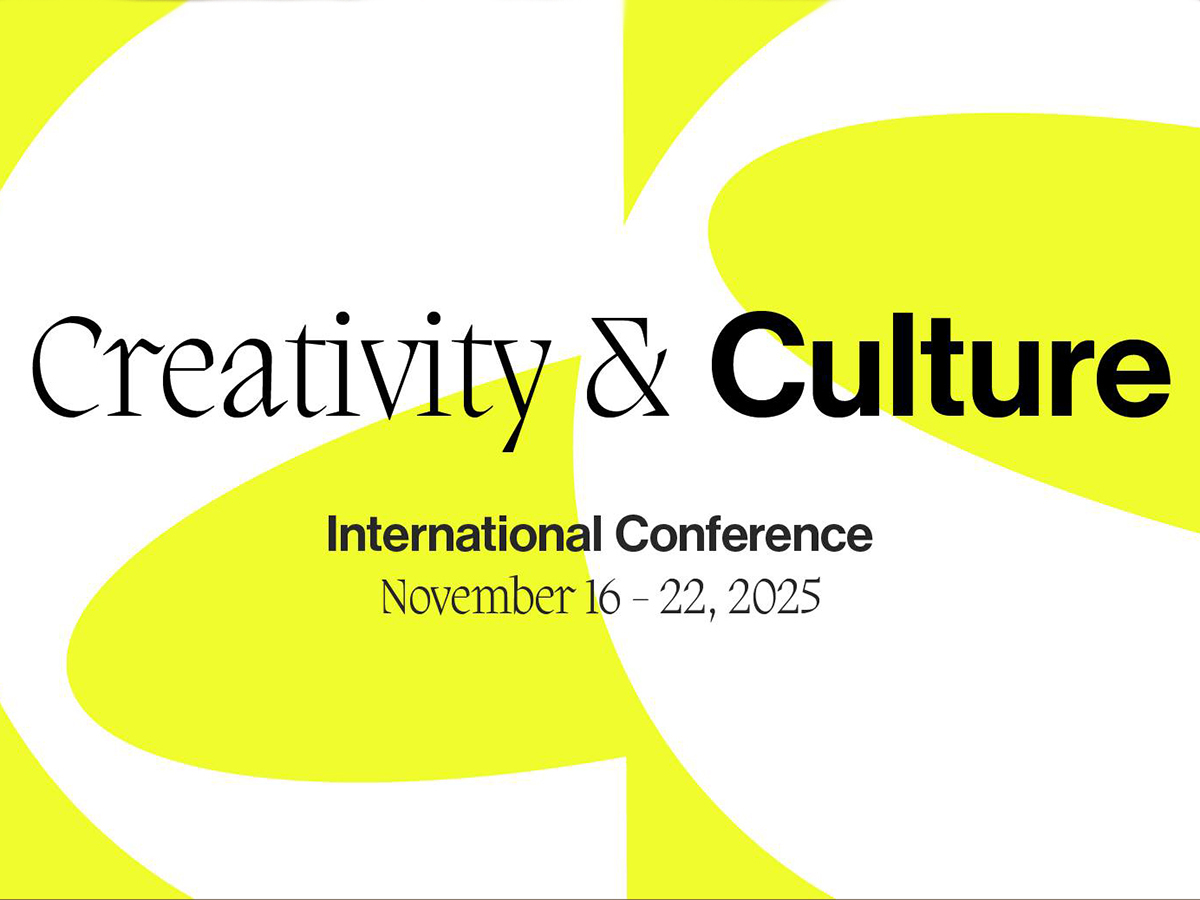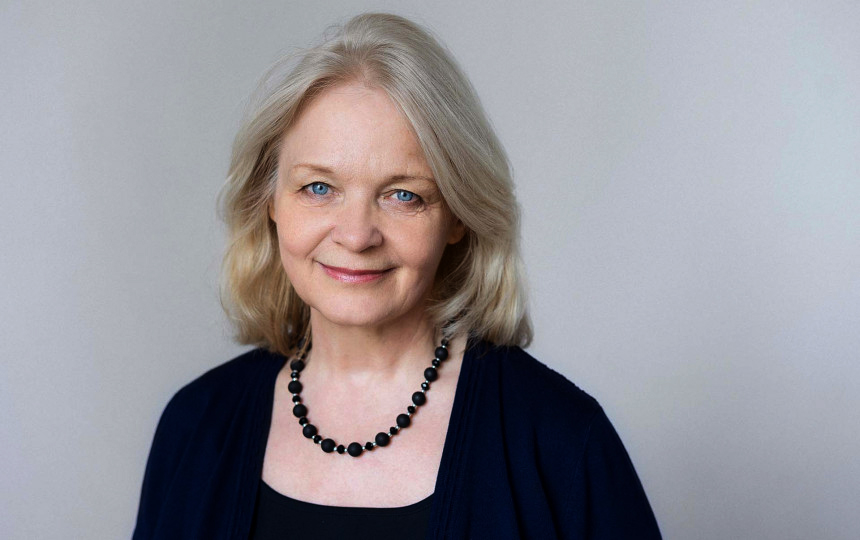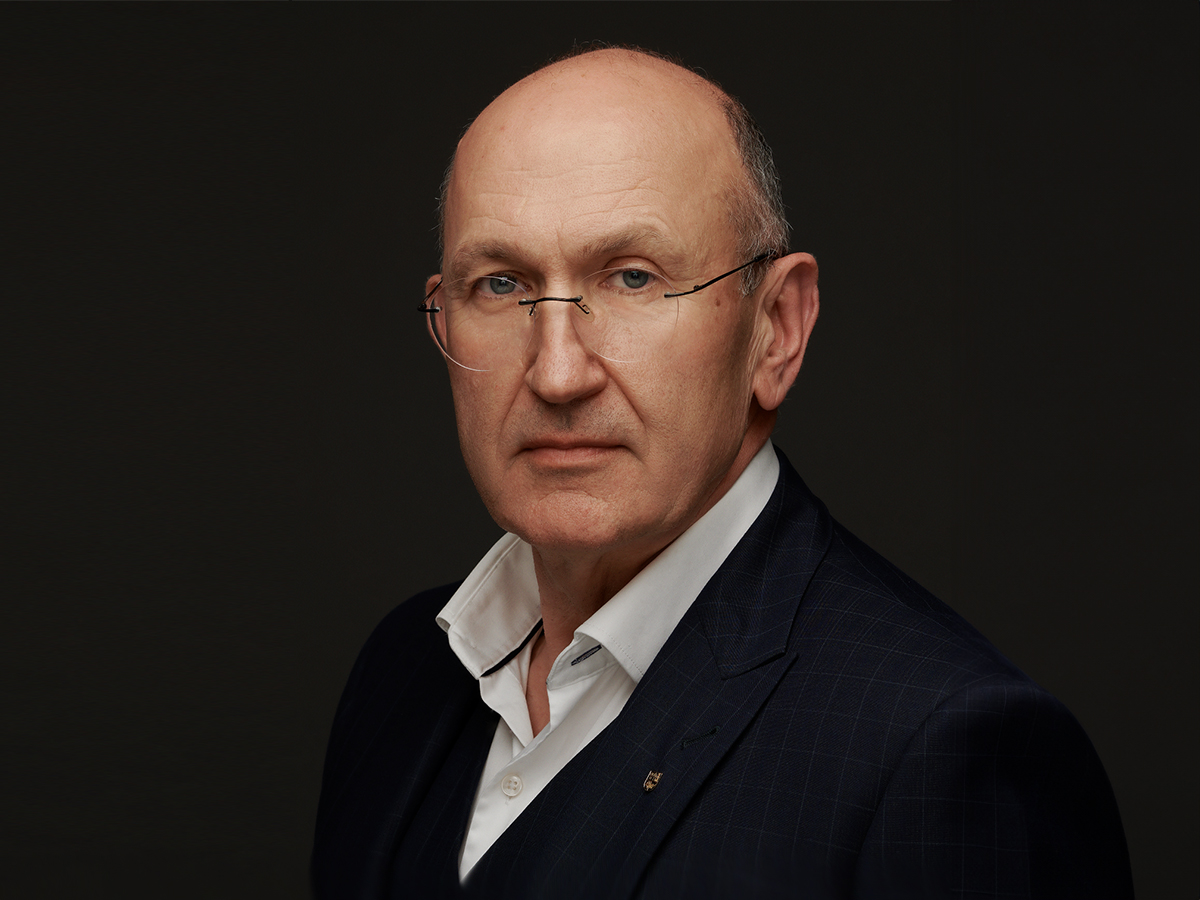 The faculties of Vilnius University and Vilnius Academy of Arts, located in the Kaunas Old Town, have been developing various academic initiatives for decades and have found new common contact points. One of them is the international scientific conference “Creativity and Culture”, which will take place from 16 to 22 November this year. The conference is aimed at researchers, students, professionals in the culture and creative industries, and all those interested in the theories and practices of creative entrepreneurship and arts and culture management and marketing. The 16th international conference will foster cross-border debate and cooperation and assess the impact of the changing cultural environment on the marketing, management, economics, finance, and politics of the creative and cultural industries. This year, in addition to thematic sessions, engaging workshops with professional artists will also take place.
The faculties of Vilnius University and Vilnius Academy of Arts, located in the Kaunas Old Town, have been developing various academic initiatives for decades and have found new common contact points. One of them is the international scientific conference “Creativity and Culture”, which will take place from 16 to 22 November this year. The conference is aimed at researchers, students, professionals in the culture and creative industries, and all those interested in the theories and practices of creative entrepreneurship and arts and culture management and marketing. The 16th international conference will foster cross-border debate and cooperation and assess the impact of the changing cultural environment on the marketing, management, economics, finance, and politics of the creative and cultural industries. This year, in addition to thematic sessions, engaging workshops with professional artists will also take place.
Creativity is the most valuable market currency
Prof. Dr Virginija Jurėnienė, a researcher at Vilnius University Kaunas Faculty, is convinced that the activities of modern cultural and art organisations require not only creativity, but also competence in management, marketing, the use of AI tools, the application of innovations, and, in particular, the knowledge of the increasingly popular blockchain technology, which makes it possible to foresee the digitalisation tendencies and create innovative solutions.
“Rapid technological progress is a serious challenge for visual artists: copyright protection issues and the feasibility of using the artwork for AI teaching purposes emerge. The problem of digital art management has also not been forgotten, as digital, AI-based artists and their visual art are already present in the art market. Exhibition curators are adapting to such a market. Still, oftentimes decisions need to be based on calculations and arguments, not just hunches,” says Vilnius University Kaunas Faculty researcher Prof. Dr Virginija Jurėnienė.
 A new format for discoveries
A new format for discoveries
“This year's conference will allow artists, scholars, and creators to share their unique experiences, insights, and creative solutions, contributing to the development of various cultural processes. Undoubtedly, such a space, fostering collaboration and the exchange of ideas, will contribute to a broader discourse on creativity and culture in the coming year. The forthcoming scientific conference and workshop will be a space for professionals worldwide to share ideas and creative explorations,” says Prof. Jonas Audėjaitis, the Dean of the Kaunas Faculty of Vilnius Academy of Arts.
He hopes that this discussion will not only stimulate the development of innovative ideas but also open up dialogue between different disciplines and provide new and innovative approaches to creative working practices and research. Diverse cultural contexts are also expected to allow understanding of how creativity can be applied in social, economic, and ecological contexts.
“Regardless of the participants' field of research or experience, this conference will create a platform where everyone can express themselves and share their views. We hope to encourage young creators and researchers to participate actively in this debate and become problem solvers. This way, the conference will not only enrich the knowledge and skills of the participants but also contribute to the creation of lasting professional relationships that can become valuable resources for future collaborations and the initiation of new projects,” says Prof. Jonas Audėjaitis.
 The future lies in interdisciplinarity
The future lies in interdisciplinarity
Prof. Dr Virginija Jurėnienė, a researcher at the Vilnius University Kaunas Faculty, says that until 2023, a group of researchers from the scientific group “Cultural Industries and Innovations” of the Institute of Social Sciences and Applied Informatics at Vilnius University Kaunas Faculty had been organising a separate international scientific conference under the same name. Still, in 2023, the researchers joined forces with the Kaunas Faculty of Vilnius Academy of Arts.
“The result last year was already excellent and surpassed expectations: the conference has grown in size and interest by combining arts management and art making. This year, the professionalism of our colleagues has allowed us to create a new image and a new conference website. This is particularly important for the overall image of the conference in Lithuania and internationally,” Prof. Dr Virginija Jurėnienė is delighted.
The conference, as a whole, she said, reflects the quality of the neighbourhood cooperation. Equally important, joint organising and scientific committees have been set up, and collaboration has become more clearly regulated.
The organisers are convinced that the international scientific conference “Creativity and Culture” will become an essential event in cultural and academic discourse, stimulating creative initiatives and interdisciplinary collaboration and consolidating strong professional ties. It is hoped that the dialogues and exchange of ideas at the conference will have a lasting impact on the participants and contribute to creative and cultural change both in Lithuania and internationally.
More information can be found here.